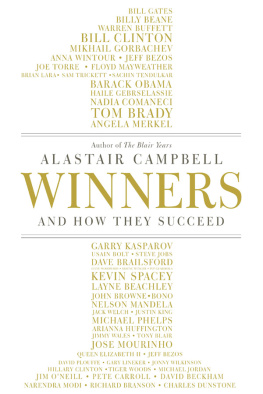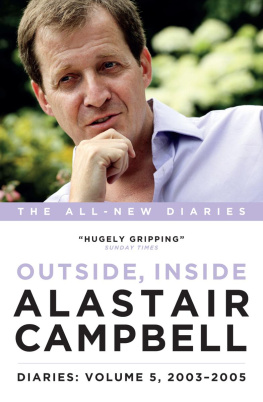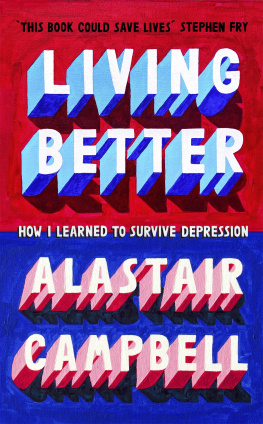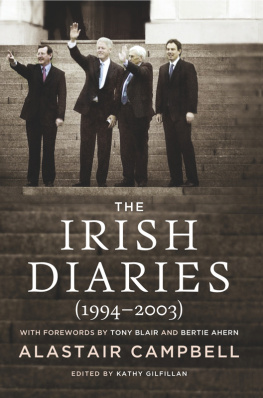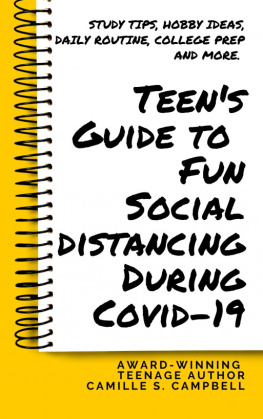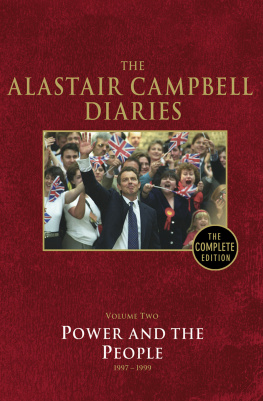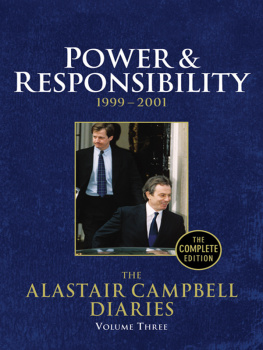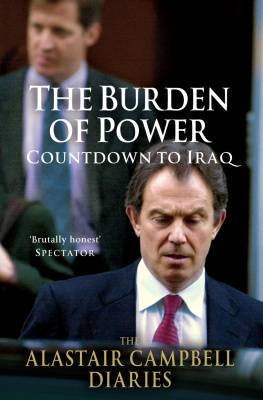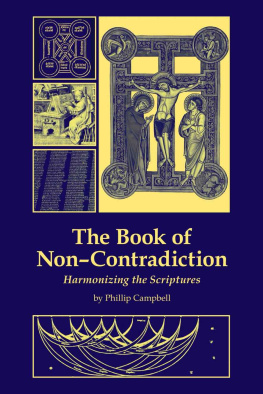

With special thanks to my son
RORY CAMPBELL
who pressed me to write this book,
and helped me every step of the way
One of the best things about working on Winners was doing so with my son Rory. Indeed, along with my agent Ed Victor, as ever a great support, Rory was foremost in pressing me to write the book. We have many similarities, not least our shared obsession with winning and winners; but whereas I would cite language and creativity as my strongest areas, his are a mathematical mind and a deep understanding of data, backed by an encyclopedic knowledge of most sports. Rorys has not been the most conventional career path, but whenever I have raised an eyebrow that an Oxford degree in Politics, Philosophy and Economics has led to professional gambling, his riposte is that you wouldnt be saying the same if I was playing chess.
He has simultaneously pursued a separate career in football, qualifying for FA and UEFA badges, and has worked with a number of professional clubs in coaching, scouting and player recruitment. He completed a masters dissertation on the use (or rather misuse) of data in the football transfer market, a piece of work commissioned by Chelsea FCs then director of operations Mike Forde, and now works at the University College of Football Business at Wembley. We did many of the interviews together, and in some parts of the book, particularly those which call on his specialist knowledge in the use of data in sport and innovation, the work is as much his as mine, and I am hugely grateful.
I had further terrific research assistance, and boundless enthusiasm, from Kevin Keith, a Liverpudlian, ex of Burnley Council and now making a new life for himself in Australia, and Sam Nurding, so sincere thanks to them too.
My ten previous books have been political diaries, novels and a short memoir on mental illness. This book was a new kind of challenge, and one for which I was lucky to have Nigel Wilcockson as editor, given his experience editing business books and autobiographies. This is a long book, but it was a lot longer and less coherent before he put his scissors and restructuring skills to work. Thanks also to copy editor Katherine Fry, meticulous as ever, editorial manager John Sugar, publicist Najma Finlay, Jason Smith for the superb cover, Simon Rhodes who handled production and text design, Rose Waddilove who looked after the proofs, and also to Alison Urquhart of Random House Australia, who put me in touch with some of my Australian interviewees.
Gail Rebuck, friend as well as publisher, was among those who read drafts at various stages and made helpful suggestions, as did her daughters Georgia and Grace Gould, Ed Victor, Charlie Falconer, David Mills, Brendan Foster, Humphrey Walters and my partner Fiona. I want to thank my son Calum, not least for his constant exhortations to get Mayweather (and American PR Kelly Swanson who got him for me), and my daughter Grace, who does not share the male Campbells mania for sport but nonetheless helped me with transcribing the interviews.
The people who have made the book what it is, though, are the winners and their teams who have given me their time. I feel privileged to have met so many people at the top of their chosen fields, sharing their insights and experience. This includes people who do not normally speak to outsiders, such as past and present advisers to the royal family who not only spoke to me but also helped with fact-checking in my profile of the Queen.
Finally, I want to thank Jean Afterman, assistant general manager of the New York Yankees, the highest ranking woman in baseball, who guided me through US sport and who, after reading a few draft chapters, gave me the title, originally planned as Winning. This book is about people not things, she said. It should be Winners, not winning. She was right. So here it is.
I am thrilled to be publishing Winners in the United States. To be honest, there are so many great American winners, past and present, I imagine some U.S. readers will wonder what on earth they have to learn from some Brit who only made his name because he used to hang out with Tony Blair and had someone play him in that movie with Helen Mirren as The Queen?
Well, of course Tony is part of the answer. So is The Queen, and my chapter on how she steered the Monarchy through very rocky and unhappy waters. As for Tony, he was my partys most successful ever election-winning leader, I was there every step of the way, contributed a lot, and learned a lot from him and the many political winners around the world we met and worked with: Bill Clinton to name but one, and one of the best. But this book is not a book primarily about politics. Though my thoughts and experiences weave their way through most chapters, nor is it a book about me. It is a book that seeks to distill the stories of the names of the front cover, the vast bulk of whom I have worked with or interviewed specifically for Winners. More than that, it seeks to apply lessons from them in a way that all of us might learn something. Finally, to the more parochial-minded among you, there are a fair few Americans dotted around the place. How could a book about winners not have a rich vein running through it from the most winning country for much of our lifetime?
This is my eleventh book, and it is never clear to me why a particular idea for a book falls into ones head at a particular time. This one has been percolating away for a long time, possibly since childhood, when I grew up wanting to be the first person ever to win international caps at football (oh okay, soccer), rugby league (most of you have never heard of that one), and cricket (you may have heard of it but you dont understand it any more than I fully understand baseball). These ambitions were never fulfilled because of a lack of basic talent, and I have taken it out on politics ever since!
Most of my adult life has been devoted to the Labour Party in the U.K., first covering successive defeats as a totally biased journalist and commentator, then deciding to help turn this losing organization into a winning one under Tony Blair. Tony gets a rough press these days, particularly at home. But the guy is a winner and I was proud to play a part in helping Labour win three big majorities in the U.K. Parliament. Outside family and politics and frankly most days now it comes ahead of politics the big passion in my life is sport. I have been blessed to know some of the greatest sports people of all time through friendships with footballs greatest ever club manager, Sir Alex Ferguson; Sir Clive Woodward, the only man ever to lead England to a Rugby World Cup; Lord Sebastian Coe, a great Olympic champion and the man who later presided over the London Games in 2012; the U.K.s most decorated Paralympian Tanni Gray-Thompson; or Sir Dave Brailsford, the first man to deliver a British winner in the Tour de France, and to do it clean in the post-Armstrong era. Actually Lance Armstrong is another sportsman I know well and have interviewed three times. He is one of two winners who are in the book, but not on the cover, for what we might call editorial/ethical reasons. The other is Vladimir Putin. My sense is Americans dont like the Russian president too much so might have taken offence. But if leadership is about making the weather, winning power and generating fear which is how he seems to judge it he is a modern, and resolutely Russian, winner.
As for Lance, a man I grew to like, admire, and respect, as did so many others, before the scales were dragged from our eyes I felt I had to include him in the book because of his record as a winner, but exclude him from the front because how you win can be as important as whether you win. See Ethiopian running legend Haile Gebrselassie on the Lance question in the final chapter. How the Putin story ends is anyones guess, but my guess is either it will have a bad ending for him, or a lot of bad chapters for the world. As for Lance, try though he might, it is hard to see a route map back to reputational strength. If you lose your good reputation, you lose everything. Oh, actually, there is a third winner in the book who is not on the cover, but for very different reasons. I feared it might look a little weird to have The Queen sandwiched in between swimmers and surfers and the like.
Next page
